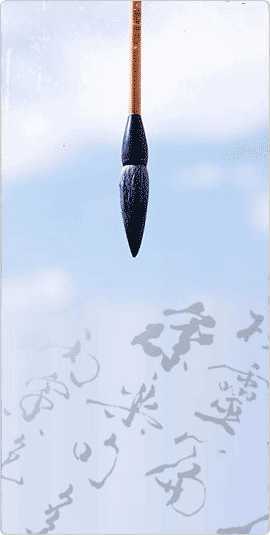Newsletter

General Chinese (Intermediate)
The Ancient Legend of the Chinese Lantern Festival

团圆 (tuányuán): v./n. to reunite/reunion
元宵 (yuánxiāo)/汤圆 (tāngyuán): n. sweet dumplings
This year, the Lantern Festival falls on 17. Feb, 2011 (the 15th day of the first lunar month). It is the first important festival after Spring Festival. Do you know where it came from?
During the reign of Emperor Han Wudi, his favorite minister Dongfang Shuo went into a garden, and found a maid who was crying. After inquiring, he learned that the maid, Yuan Xiao, hadn't seen her family since she came to the palace. She missed her family very much, Dongfang Shuo came up with an idea to help Yuan Xiao to "团圆(tuányuán) reunite" with her family.
One day, he pretended to be a fortune teller on the street. Many people approached him to ask questions, but they all got the same answer, "there will be a great fire on the 15th day of the first lunar month." This led to a panic in Chang'an city (present day Xi'an). The Emperor Han Wudi asked Dongfang Shuo about this, and he said, "In the evening of the 15th day of the first lunar month, the God of fire will burn Chang'an city." The Emperor was scared and asked: "What can we do?" Dongfang Shuo said: "I heard that the God of fire loves to eat "汤圆 (tāngyuán) sweet dumplings." The maid named Yuan Xiao is good at cooking this dish, so we could ask her to cook for the God of fire. We could then worship him on the 15th day of the first lunar month. All people should hang lanterns, set off firecrackers and fireworks to make it appear that the city is burning and then view the lanterns together with families."
The Emperor took Dongfang Shuo's advice. On that day, the family of Yuan Xiao also came to the noisy and lively city of Chang'an. They saw the lantern with two words written on it, "元宵 (yuánxiāo)" and shouted them out. The maid Yuan Xiao heard and came running, until she was finally reunited with her family.
The next day, the city of Chang'an was still standing, just as they had hoped. The Emperor was very pleased and ordered everyone to cook sweet dumplings, hang lanterns and set off firecrackers and fireworks every year on the 15th day of the first lunar month. The sweet dumplings are also called "元宵 (yuánxiāo) sweet dumplings" and this day is called "元宵节 (Yuánxiāo jié) the Lantern Festival" because the maid Yuan Xiao cooked the most delicious sweet dumplings and saved the city of Chang'an.
团圆 (tuányuán): v./n. to reunite
Chúxī nà tiān, quánjiārén yào jù zài yì qǐ chī tuányuánfàn.
除夕 那 天,全家人 要 聚 在 一 起 吃 团圆饭。
All the members of the family gather to enjoy a reunion dinner on New Year's Eve.
Fùmǔ yǔ shīsàn de háizi tuányuán le.
父母 与 失散 的 孩子 团圆 了.
The parents were reunited with their lost child.
元宵 (yuánxiāo)/汤圆 (tāngyuán): n. sweet dumplings
"元宵 (yuánxiāo)" and "汤圆 (tāngyuán)" refer to the same thing. People in southern China say "汤圆 (tāngyuán)" and people in northern China say "元宵 (yuánxiāo)."
Jīntiān shì Yuánxiāo jié, jiā jiā dōu zài chī yuánxiāo.
今天 是 元宵 节,家 家 都 在 吃 元宵。
Today is the Lantern Festival, and every family is eating sweet dumplings.
Wŏ xǐhuan chī hēizhīma xiàn de tāngyuán.
我 喜欢 吃 黑芝麻 馅 的 汤圆。
I like eating the sweet dumplings that are filled with black sesame seeds.



